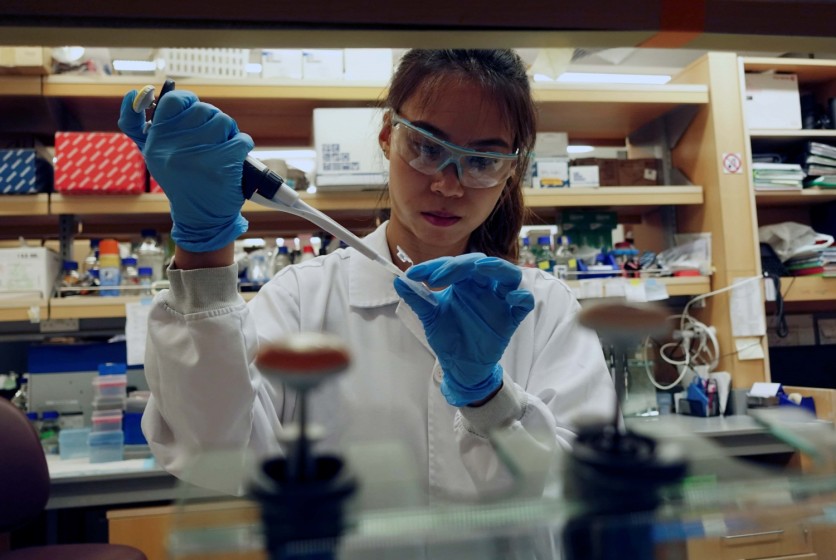As the pandemic keeps on raging throughout the globe, one possible remedy researchers are investigating for COVID-19 is the malaria drug chloroquine. However, concerning outcomes from a scientific trial in Brazil now add to the growing suspicion from the silver bullet everyone is looking for.

Chloroquine came onto the scene as a possible MERS treatment in 2012. However, the medicine was not further investigated because it failed to show enough development against the virus. Recently, small research has picked up the study again, seeking whether the drug may block coronavirus from infecting healthy cells.
ALSO READ : Malaria Drug Could Be Used To Treat Brain Cancer
Chloroquine can cause sudden death
Chloroquine is known to cause dangerous effects, scientists now claim. Researchers added even its relatively 'safer' cousin, hydroxychloroquine, does not have a fantastic track record. Of particular subject is the danger for sufferers to develop severe heart issues.
While the antimalarial remedy is gaining attention for possible COVID-19 treatments, the American Health Association said the medicine has potentially serious implications for people with current cardiovascular sickness.
AHA said complications include severe electrical irregularities in the heart - such as irregular heartbeat, and increased risk of sudden death, among others.
The latest research to add to these issues is a medical trial from Brazil. The crew released their preliminary results at the pre-print server medRxiv once they stopped the high-dose arm of their research after six days. Researchers said numerous sufferers died - especially within the organization randomized to receive better doses of the drug.
The researchers enrolled two groups of COVID-19 sufferers in a public clinic in Manaus. The high-dose group was assigned a total dose of 12 grams of chloroquine over 10 days, while the low-dose group took a full dose of 2.7 grams over five days. All participants additionally obtained the antibiotics ceftriaxone and azithromycin.
After 11 patients died across both dosage groups, the crew ended the high-dose arm of the trial on day six. Researchers noted more coronary heartbeat problems in the high-dose group, and "a trend toward higher lethality."
"Preliminary findings suggest that the higher chloroquine dosage (10-day regimen) should not be recommended for COVID-19 treatment because of its potential safety hazards. Such results forced us to halt patient recruitment to this arm, prematurely," the team concluded.
More deaths in the high-dose group wouldn't mean the low-dose group is safe, either
The researchers told CNN that they experienced even more deaths in the high-dose groups than had been documented on day six. They added the result would not mean the low-dose group is safe, either.
Vanderbilt University infectious disease researcher William Schaffner, who was not involved in the study, told CNN two patients in the high-dose group had an unusual heart rate before dying.
"So, it's clear that the high-dose group was more toxic, but it's not as though the low-dose group was without concern, and in larger studies, you might find some problems with the low-dose group as well."
These stressful outcomes come after a hospital in France also stopped hydroxychloroquine clinical trials due to side effects and the chance of coronary heart damage.
Similar small studies noted a little distinction in COVID-19 patients handled with the malarial drug and the antibiotic. The latter consists of a risk of unexpected coronary heart beat consequences even by using itself.
The research team in Brazil moved all of the closing sufferers to the low-dose arm of the trial in compliance with advice from the Data Safety and Monitoring Board. Additionally, they suggest additional; tests to assess the function chloroquine may play in COVID-19 treatment and prevention.
"Even if we fail to generate good evidence in time to control the current pandemic, the information will highly impact the way we deal with next coronavirus outbreaks in the future," the team writes in the pre-print.

![Apple Watch Series 10 [GPS 42mm]](https://d.techtimes.com/en/full/453899/apple-watch-series-10-gps-42mm.jpg?w=184&h=103&f=9fb3c2ea2db928c663d1d2eadbcb3e52)


